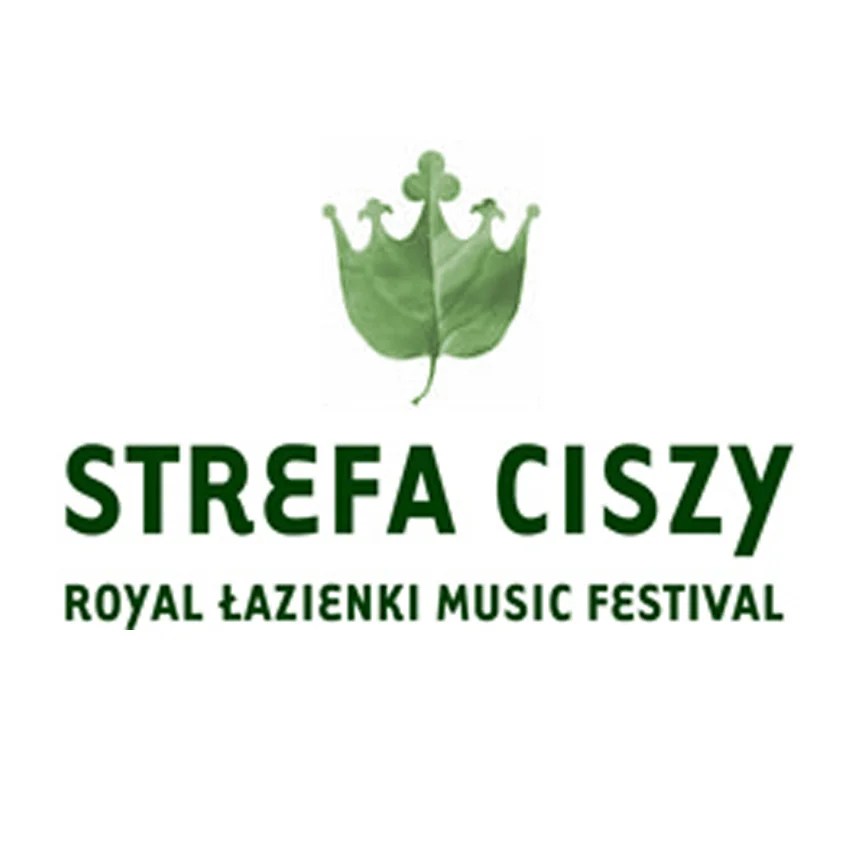EU-phonia
European Festival Network
our mission
Our music festivals, originating from 11 different countries, have the vocation to share a treasure: Classical and Contemporary Music.
With EU-phonia, we created a framework for professional and artistic exchange and cooperation.
Eu-phonia creates various common projects:
In this way, we contribute to building a vibrant and integrated Europe.
The word EU-phonia is used in many languages and is originally taken from the synthesis of the Greek terms Eu (good) and Phonia (voice). In common usage it refers to a melodious and sweet sounding voice, and our EU Festival Network takes its inspiration as the “Melodious Sounds of Europe”.
There are several other fascinating layers of history in the usage and meaning of this word.
Composer Hector Berlioz gave this name to his imaginary musical utopia (set in 2344) where the whole town was like a ‘great conservatory of music’ with daily activities dictated by a giant organ situated in a tower at the top of the town, and where electric wires transmitted tempo indications to numerous conductors in other locations allowing a giant orchestra to play together from all around the globe.
Also, a fascinating and visionary instrument was invented by Joseph Faber around a similar period (mid-19th century) and took the name of Euphonia. Originally called the “marvelous talking machine” it used bellows and reeds on piano keys in order to replicate human speech in English, German and French, thus predating computer communication and robotics by 100 years.
The word Euphonia is more commonly given for a gorgeous blue and yellow bird species (in the finch family) that is known for its beautiful melodious songs.
the festivals of the network

Based in France

Based in Sweden

Based in Italy

Based in Turkey

Based in Greece

Based in Ukraine

Based in Estonia

Based in Sweden

Based in Italy

Based in Poland

Based in Portugal

Based in Finland

Based in Italy